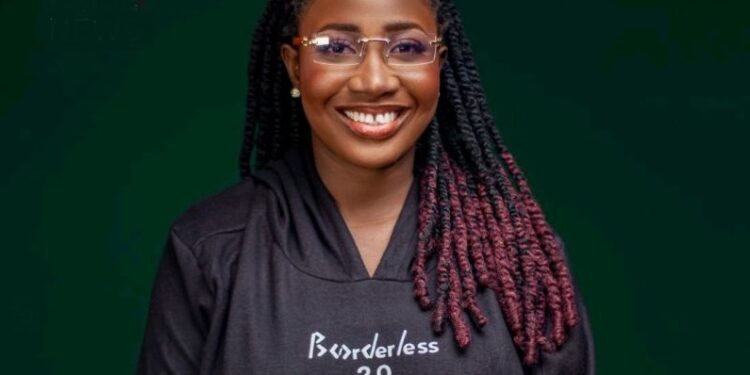In a bold move to address the growing digital divide, Nigerian tech entrepreneur Wale Atekoja has launched BorderlessTek’s Kids Coding Partnership, a transformative initiative designed to provide coding and software development skills to underprivileged schoolchildren in Lagos.
This is more than just another corporate social responsibility project. It’s a deeply human-centered response to the digital exclusion that continues to marginalize low-income children in Nigeria, preventing them from accessing the opportunities of the global technology revolution.
“We’ve been teaching Black kids in Europe how to code, but what about those back home?” says Wale Atekoja, known on social media as @AtexXeta. “We’re not targeting the privileged. We’re starting with the forgotten—the children who have never touched a laptop.”
The program will launch in September 2025 with its first cohort, offering three months of coding education to public Junior and Senior Secondary School students in Lagos’ underserved areas, including Ikorodu and Yaba. The curriculum is designed to be hands-on, covering everything from basic programming to animation, mobile app creation, and problem-solving.
This effort is not being carried out alone. It’s backed by a network of strategic partners, including Yesding for education facilitation, Proline for internet infrastructure, and Akowe App, a credential verification startup ensuring that the certificates earned by students are digitally secured and internationally recognized.
“This is how we break cycles of exclusion,” says Olamide Busari, a representative from Akowe. “These children won’t just walk away with new skills; they’ll leave with verifiable certificates that open doors to advanced training, internships, and even scholarships.”
Classrooms for the initiative are being set up in schools and libraries, outfitted with digital infrastructure through collaborations with local governments and community stakeholders. Initial pilot classes earlier this year showed impressive results: students who had never used a laptop were able to build mobile apps and animations within weeks.
For Wale, this initiative is deeply personal. Having grown up in Nigeria, he understands the frustration of having potential but lacking the opportunity to develop it.
“I know what it’s like to be capable but invisible,” says Wale Atekoja. “That’s why we’re building a new table—we’re not waiting for a seat at someone else’s.”
Wale is calling on corporate entities, public servants, NGOs, and Nigerians from all walks of life to support the initiative. Whether through donations of laptops, sponsoring training centers, or mentoring the children, everyone has a role to play.
“We’ve opened the doors,” Wale adds. “But we need others to help keep them open.”
In a nation where millions of young people are at risk of being left behind in the global, tech-driven economy, the Kids Coding Partnership offers more than just education—it offers a chance at transformation. It is a digital lifeline and a second chance for many Nigerian children to not just consume the future but to create it.

